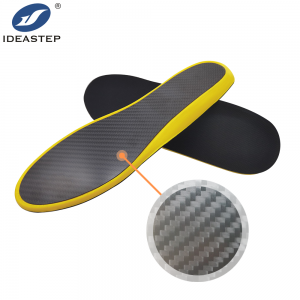
Carbon fiber material is a high-tech material, which has been applied in many fields. So, what are the advantages of this material? Let me introduce it to you.
1. High Strength-to-Weight Ratio
Carbon fiber is exceptionally strong, often outperforming traditional materials like steel and aluminum while being significantly lighter. This high strength-to-weight ratio makes it desirable in industries where weight reduction is crucial, such as aerospace, automotive, and sports equipment.
2. Stiffness and Rigidity
Carbon fiber exhibits excellent stiffness and rigidity, providing structural integrity and reducing flexing or bending under heavy loads. This makes it ideal for applications that require stability and minimal deformation, such as in aircraft wings, wind turbine blades, and high-performance sports equipment.
3. Corrosion Resistance
Carbon fiber is inherently resistant to corrosion and does not rust like metals. This feature makes it advantageous in applications exposed to harsh environments, chemicals, or moisture, where corrosion can compromise the performance and longevity of traditional materials.
4. Fatigue Resistance
Carbon fiber demonstrates exceptional fatigue resistance, meaning it can withstand repetitive loading or stress cycles without experiencing degradation in performance. This property allows carbon fiber to endure prolonged usage in demanding conditions, making it suitable for applications that require long-term durability.
5. Design Flexibility
Carbon fiber can be molded into complex shapes and configurations, enabling designers and engineers to create innovative and custom designs. It offers greater design freedom compared to traditional materials, allowing for optimization of strength, performance, and aerodynamics.
6. Electrical Conductivity
Carbon fiber has good electrical conductivity, making it useful in applications that require electrical grounding or electromagnetic shielding. It is used in industries such as aerospace, electronics, and automotive to provide electrical functionality while reducing weight.
7. Thermal Conductivity
Carbon fiber has relatively low thermal conductivity. It can be engineered to provide insulation or to conduct heat in specific directions, making it valuable in applications where thermal management is essential, such as high-performance sports equipment, thermal shields, and aerospace components.
Based on these advantages of carbon fiber material, we will also use this material when designing insoles. If you are interested in carbon fiber insoles, you can continue to visit this page (https://www.aideastep.com/carbon-fiber-insoles/) and tell us your needs.
